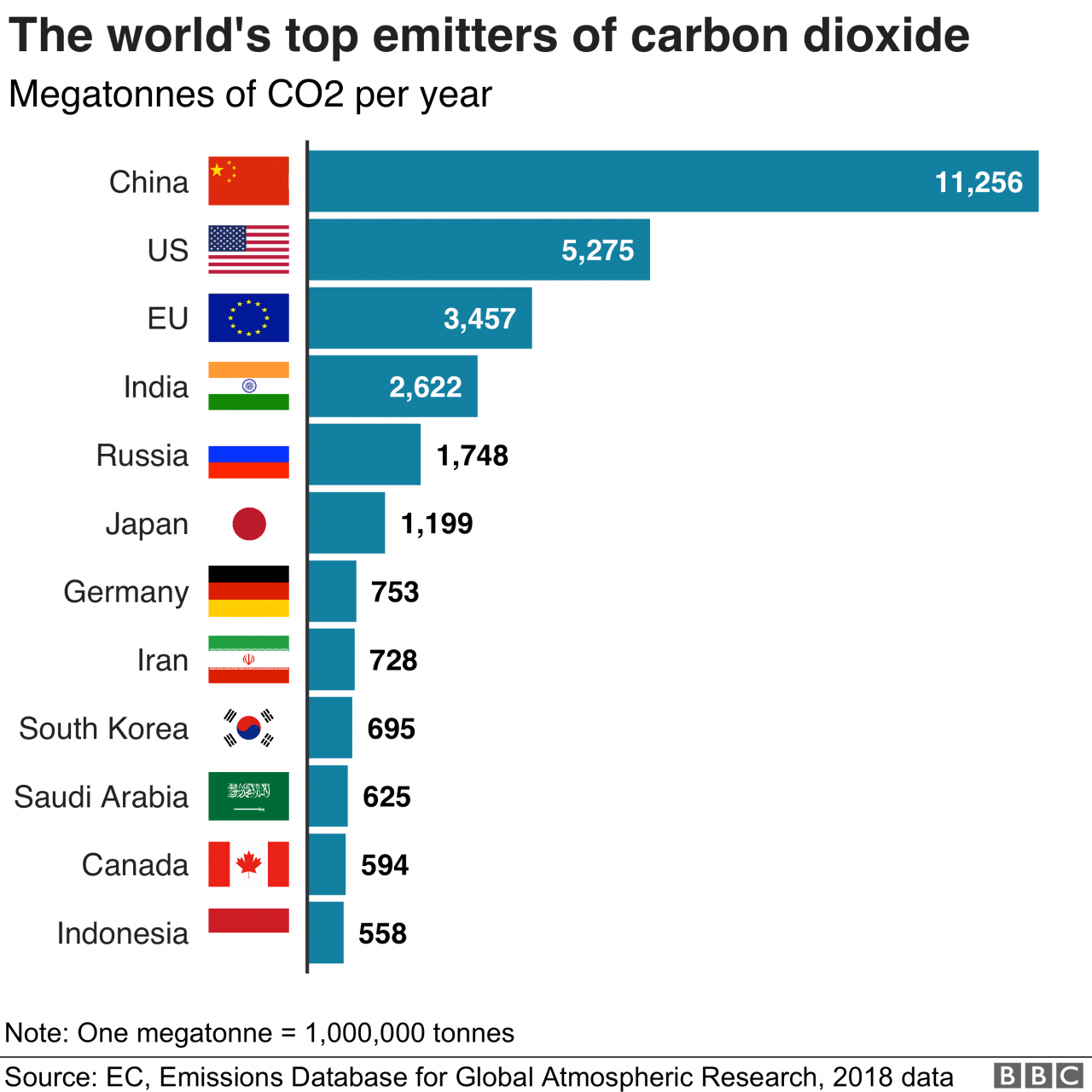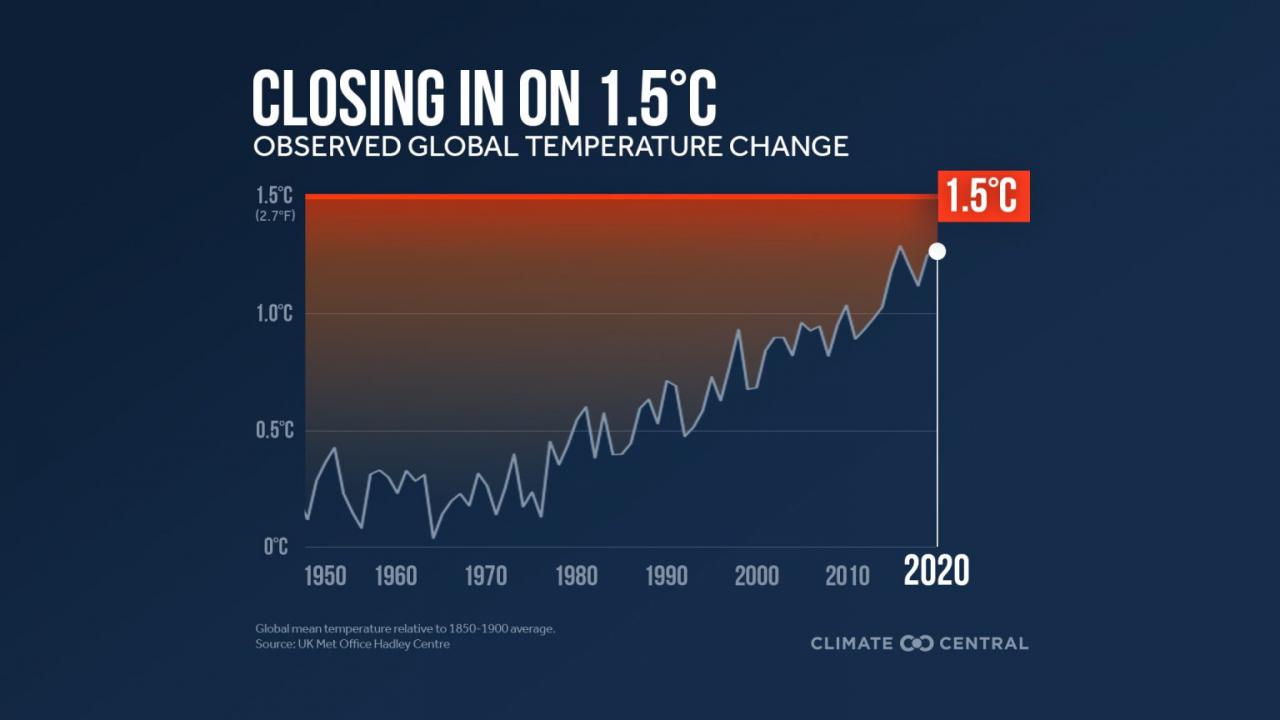Climate Change Progress 2024 presents a comprehensive overview of global initiatives, technological advancements, impacts, and adaptation strategies related to climate change. This report examines the key milestones and achievements of global agreements, including the Paris Agreement, and analyzes the progress made towards reducing greenhouse gas emissions and mitigating the effects of climate change.
Significant technological advancements have contributed to climate change mitigation and adaptation. Renewable energy, energy efficiency, and carbon capture and storage technologies play a crucial role in reducing emissions and transitioning to a low-carbon future. Emerging technologies hold the potential to further accelerate climate change progress.
Climate Change Progress 2024: Global Initiatives

International efforts to combat climate change have gained significant momentum in recent years, with the Paris Agreement serving as a landmark agreement. The Paris Agreement aims to limit global temperature rise to well below 2 degrees Celsius, and to pursue efforts to limit the increase to 1.5 degrees Celsius.
Since its adoption in 2015, the agreement has been ratified by nearly 200 countries, demonstrating a global commitment to addressing climate change.
Key Milestones and Achievements
- The Paris Agreement has catalyzed a wave of national climate action plans, known as Nationally Determined Contributions (NDCs). NDCs Artikel each country’s commitments to reducing greenhouse gas emissions and adapting to the impacts of climate change.
- The agreement has also spurred increased investment in renewable energy and energy efficiency measures. Global investment in renewable energy reached a record high of $333 billion in 2022, with solar and wind power leading the way.
- International cooperation on climate change has also been strengthened through platforms such as the Intergovernmental Panel on Climate Change (IPCC) and the United Nations Framework Convention on Climate Change (UNFCCC).
Climate Change Progress 2024: Technological Advancements
Technological advancements have played a crucial role in climate change mitigation and adaptation. Renewable energy technologies, such as solar and wind power, have become increasingly cost-effective and efficient, making them more accessible to countries around the world.
Renewable Energy, Climate change progress 2024
- The global installed capacity of solar photovoltaic (PV) systems has grown exponentially in recent years, reaching over 1 terawatt (TW) in 2023. Solar PV systems are now the most cost-effective source of electricity in many regions.
- Wind power has also seen significant growth, with global installed capacity exceeding 800 gigawatts (GW) in 2023. Wind turbines are becoming taller and more efficient, allowing them to harness wind energy more effectively.
Energy Efficiency
- Energy efficiency measures, such as building insulation and energy-efficient appliances, have helped to reduce energy consumption and greenhouse gas emissions. The International Energy Agency (IEA) estimates that energy efficiency measures could reduce global energy demand by up to 40% by 2040.
- Smart grids and other digital technologies are also being used to optimize energy distribution and reduce energy waste.
Carbon Capture and Storage
- Carbon capture and storage (CCS) technologies have the potential to significantly reduce greenhouse gas emissions from industrial processes and power plants. CCS involves capturing carbon dioxide from these sources and storing it underground.
- Several large-scale CCS projects are currently in operation around the world, and the technology is expected to play an increasingly important role in climate change mitigation in the coming years.
Last Word: Climate Change Progress 2024

Climate change impacts are already being felt around the world, affecting human health, ecosystems, and infrastructure. Adaptation strategies are essential to minimize these impacts and build resilience. Government policies and regulations, including carbon pricing mechanisms and renewable energy incentives, are key drivers of climate action.
Public engagement and education play a vital role in raising awareness and fostering behavioral change.
User Queries
What are the key milestones of the Paris Agreement?
The Paris Agreement aims to limit global warming to well below 2 degrees Celsius, preferably to 1.5 degrees Celsius, compared to pre-industrial levels. It also seeks to increase the ability of countries to deal with the impacts of climate change.
How is renewable energy contributing to climate change mitigation?
Renewable energy sources, such as solar and wind power, do not produce greenhouse gas emissions when generating electricity. They are replacing fossil fuels and reducing our reliance on carbon-intensive energy sources.
What are the challenges in implementing adaptation strategies?
Adaptation strategies can be costly and complex to implement. They also require long-term planning and coordination among different stakeholders. Additionally, some adaptation measures may have unintended consequences that need to be carefully considered.